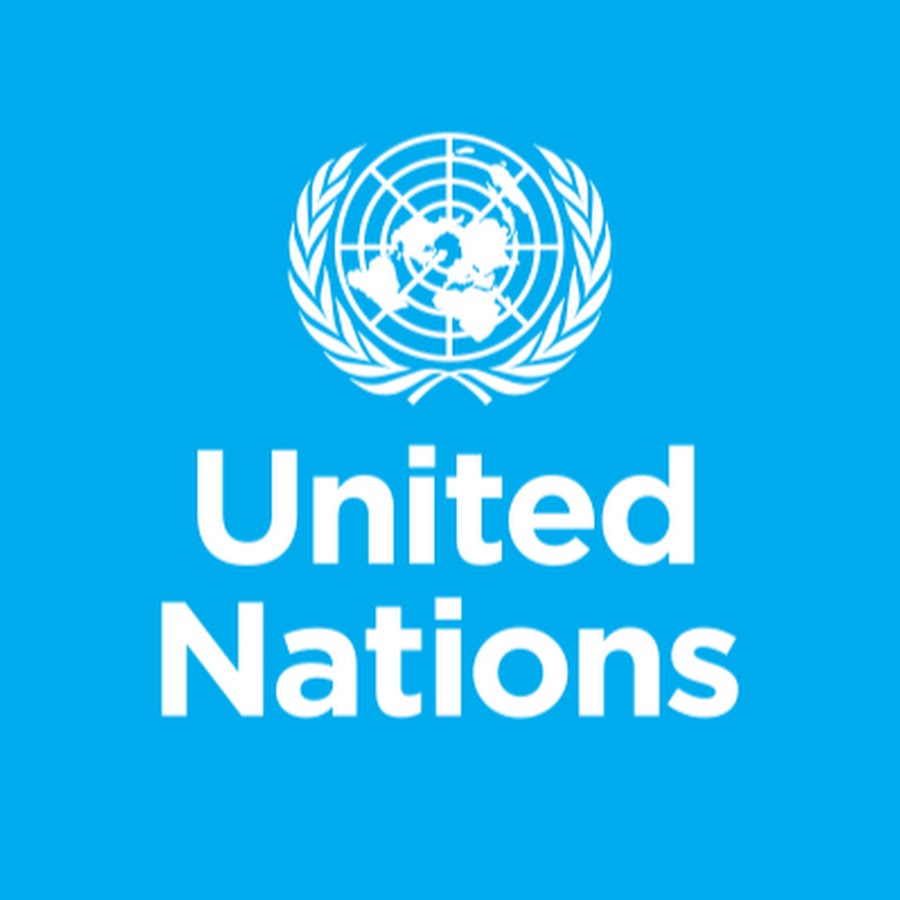The UN Office for the Coordination of Humanitarian Affairs (OCHA) says it urgently requires 50 million dollars from the 840 million dollar humanitarian response appeal to tackle new cases of displacement.
Edem Worsonu, Head of Office, OCHA, Nigeria, made this known on Tuesday in Abuja during a joint media briefing organised by the UN OCHA and UN High Commissioner for Refugees (UNHCR).
Worsonu said that as a matter of urgency, OCHA would launch a 90 days plan, which was aimed at addressing the needs of new displacements to avoid them falling into secondary displacements
READ ALSO:Regional Refugee Response Plan
“ We are about to launch a ninety-day plan within this plan, seeking for 50 million dollars right now within the 840 million to assist new arrivals who have moved recently from insecurity.
We need assistance right now and the general support of our donors has been recoginised and we continue to call them for support.
We also call on the Nigerian private sector and the government, so that we can join hands and deliver the assistance to the people.
But we call for urgent funding for people in need right now,’’ Worsonu said.
She said that OCHA was also prioritising basic life saving needs, dignity kits, Non-food items and emergency education for response to the most vulnerable groups.
She said that 80 per cent of the affected populations were women and children, hence, the need to address their the situation with urgency.
The head of office, OCHA, said that emergency education was also a priority for children who were out of school.
Worsonu called for the collaborative efforts of governments at the national and local levels, private sector and humanitarian actors to ensure the implementation of the relevant strategies to address the dire humanitarian challenges.
Earlier, Edward Kallon, UN Resident and Humanitarian Coordinator to Nigeria, emphasised the collaboration and coordination of all humanitarian actors in order to succeed in their interventions.
READ ALSO:Guingamp beat Monaco to reach French League Cup final
Kallon said that the UN could not succeed in delivering humanitarian aid without the Non-Governmental Organisations, international and national partners.
“Let me put this in record, NGOs, whether international or national are our partners in choice, we cannot work without them.
Government has a role to screen national partners and we have been requesting support from the government of Borno in this regard.
We still call them to work with us to screen partners, especially national NGOs, who will then work with both international NGOs and the UN to deliver assistance.
We have taken a lot of initiatives to start building capacities of civil societies.
NGOs are very critical, we are talking about 3,000 international and national partners working with us in the North East, we cannot do anything without these NGOs”.
Kallon said that OCHA had allocated 1.9 million dollars from the Nigerian Humanitarian Response Fund (NHF) to build capacities of civil societies and that the programme was ongoing.
He said that unfortunately, there were no government counterparts in some Local Government Areas, especially in Borno state.
He explained that the UN relied on local partners in order to effectively provide assistance.
He said that the UN was looking forward to the positive impact of the HRS and Regional Refugee Response Plan (RRRP) in addressing humanitarian and protective needs of affected persons.
Liz Ahua, UNHCR’s Regional Representative for West Africa, said that close to 320,000 persons had been displaced anew in the last three months.
She said that the Regional Refugee Response Plan also provided a comprehensive approach on how to address the situation.
Ahua corroborated the need for all hands to be on deck, to tackle the crisis which was not just a Nigerian crisis but a Lake Chad Basin crisis. (NAN)


